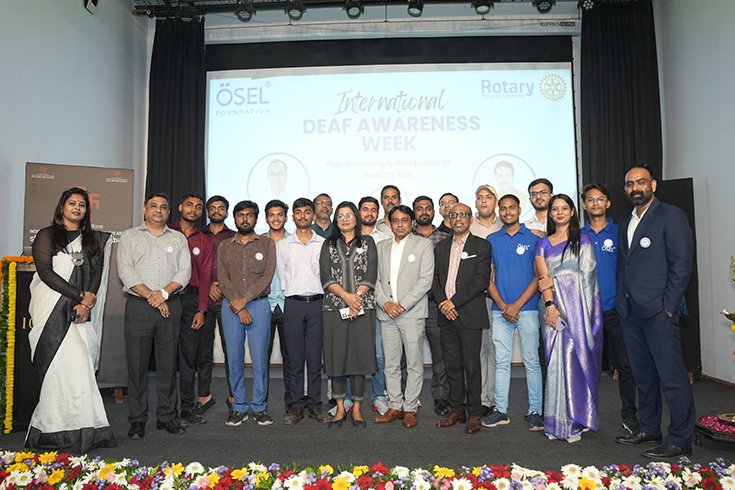Smartphones have seamlessly integrated into every aspect of our lives, becoming as essential as any basic necessity. Whether for personal or professional use, a smartphone is indispensable. However, with an overwhelming variety of options available, choosing the right device can be challenging. This guide is designed to help you select a smartphone that fits your needs, budget, and specifications.
Key
Features to Consider
1.
Display Size and Resolution
The display is a critical aspect of a smartphone, encompassing size and
resolution. For regular users who primarily check emails, chat, and browse
social media, a display between 5 inches (12.7 cm) and 5.5 inches (13.9 cm)
with HD or Full-HD resolution is ideal. For users who prefer larger screens,
tablets might be a better choice.
2.
Processing Power
The processor is the brain of the smartphone, enabling smooth and efficient
performance. Processing power varies depending on factors like the operating
system version, user interface, and pre-installed apps. Choose a device with a
processor that matches your usage needs, whether for gaming, multitasking, or
general use.
3. Camera
While megapixel count often gets the most attention, it’s not the sole
determinant of camera quality. Factors like aperture size, ISO levels, pixel
size, and autofocus capabilities are equally important. Look for a camera that
suits your photography style and needs.
4.
Battery Life
Battery capacity is crucial, especially for heavy users who frequently use the
internet, play games, or stream videos. A battery of 3,500 mAh or higher is
recommended for intensive use, while a 3,000 mAh battery is typically
sufficient for average users. Opt for a device with fast-charging capabilities
for added convenience.
5. Build
Quality
The durability of a smartphone depends on its build. Most devices feature
either metal or plastic bodies. Metal is more robust but can be costlier.
Consider your usage habits—if you’re careful, plastic may suffice, but for
rough handling, metal offers better durability.
6. User
Interface and OS
The user interface (UI) and operating system (OS) significantly impact the
overall experience. Since the UI is what you interact with for every task,
ensure it is intuitive and user-friendly.
7.
Storage
Smartphones today offer storage options ranging from 16 GB to 64 GB or more.
Heavy users who store movies or play large games should opt for higher storage
capacities. A minimum of 32 GB is recommended to avoid performance issues as
storage fills up.
8.
Security Features
With smartphones holding private data and photos, security features like
fingerprint sensors or iris scanners are essential to protect sensitive
information.
9.
Connectivity
Ensure the device supports the latest network technologies, such as 4G or 5G,
for faster connectivity and better performance.
10.
Design and Ergonomics
The design and feel of a smartphone play a significant role in user comfort. A
well-designed device that fits comfortably in your hand enhances usability and
overall experience.
By focusing
on these key features, you can confidently choose a smartphone that aligns with
your needs, preferences, and lifestyle.












